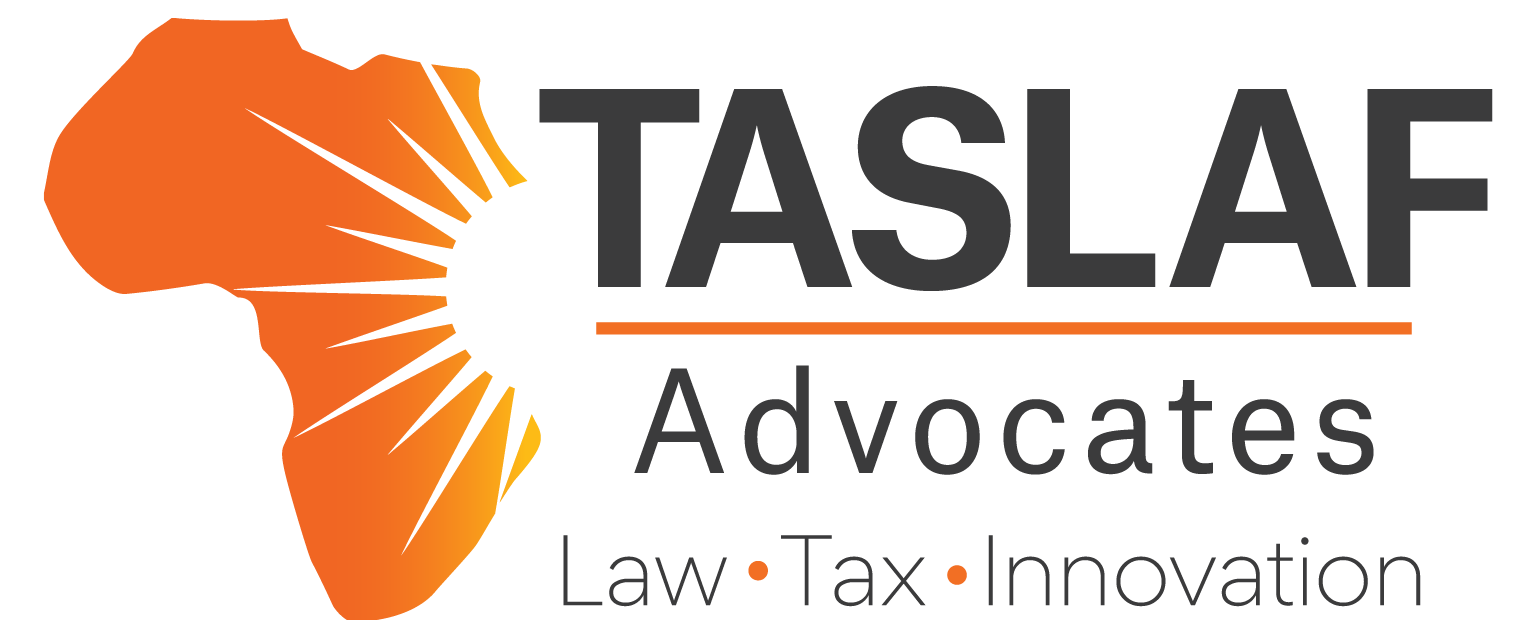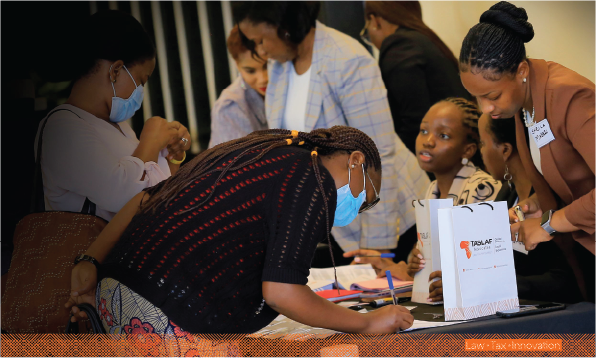Final Investment Decision, 2 February 2022
Total Energies and China National Offshore Oil Corporation (CNOOC) have both declared the Final Investment Decision (FID) for the development of Uganda’s oil and gas projects in Albertine.
Welcoming the decision, Uganda’s Minister of Energy and Mineral Development, Ruth Nankabirwa Ssentamu, announced that more than 167,000 jobs will be created from oil and gas activities in Uganda during field development as well as pipeline and refinery construction. Although many of these jobs are expected to go to Ugandans, many companies active in the sector are also recruiting foreign workers, therefore require legal support on immigration matters.
Key Requirements for Work Permits for Foreign Workers
Foreign workers are required under Section 53 of the Uganda Citizenship and Immigration Control Act and Regulation 21 of the Petroleum (Exploration, Development and Production) (National Content) Regulations to obtain work permits prior to taking up employment in Uganda. Work permit applications are approved and issued by the Directorate for Citizenship and Immigration Control under the Ministry of Internal Affairs.
This briefing note provides an overview of the process and steps to be followed to obtain a work permit for a foreign worker:
- Obtaining a valid certificate of good conduct from Interpol,
- Obtaining a recommendation letter from the Petroleum Authority of Uganda (PAU),
- Obtaining an organisational code,
- Applying for the work permit.
The process can be complex and long, therefore companies may also wish to obtain a special pass for their foreign workers who wish to work prior to the work permit being issued.
Requirement: Certificate of good conduct from Interpol
A certificate of good conduct can either be obtained from Interpol in Uganda or by another relevant security agency in the applicant’s home country.
The application to Interpol in Uganda is submitted online at: https://www.upf.go.ug .Once payment is made, the applicant books an appointment for a physical meeting at the Directorate of Interpol and International Relations offices in Kololo, Kampala.
The applicant should attend the appointment with the following documents:
- Two passport size photos;
- Two copies of the National ID or passport;
- A copy of application preview printed from the Interpol system; and
- A copy of the payment receipt printed from the Interpol system.
After the appointment, the certificate of good conduct is usually issued to the applicant within 1 month.
Requirement: Recommendation letter from PAU
The company seeking to employ a foreign worker in the oil and gas sector, must obtain a recommendation letter from the Petroleum Authority of Uganda (PAU) confirming the suitability of employment of the foreign worker to work in the sector.
The company must apply to PAU requesting the recommendation letter. The application must include:
- Valid certificate of good conduct from Interpol (or the home country of the foreign worker);
- Passport photo;
- Contract of employment;
- Certified and notarized academic transcripts;
- Curriculum vitae;
- Recommendation letters issued by previous employers certifying the experience and job history referenced in the C.V.;
- Description of responsibilities of the foreign worker;
- Company’s organizational structure (organogram);
- Duration of the proposed employment in Uganda;
- Evidence that no Ugandan nationals are qualified for the job (recruitment report);
- List of Ugandans identified for training; and
- Individual training plan for the replacement of the foreign worker, indicating timescale for transition of the role to Ugandans.
The recommendation letter is usually issued by the PAU approximately within 1 month of a satisfactory application.
Requirement: Organisational code for the company
The company must have an organisational code before it can apply for a work permit for a foreign worker. This code is obtained as follows:
- Place all company documents (memorandum and articles of association, certificate of incorporation, list of directors and secretary and the notice of situation of registered address) on a compact disc (CD); and
- Deliver the CD to the public relations office at the Directorate for Citizenship and Immigration Control, with accompanying request letter.
The organisational code is usually issued to the company within approximately 2 weeks of submitting the CD.
Requirement: Work Permit Application
This application is submitted online at: www.visas.immigration.go.ug. The requirements vary according to the different classes of work permits. An application may be rejected if made under the wrong class.
There are two main classes that apply to the oil and gas sector:
- Class C (mining) – this class is for shareholders of companies engaged in prospecting of minerals or mining in Uganda; and
- Class G2 (employees) – this class is for employees of companies in the oil and gas sector in Uganda.
The work permit is usually issued within 1 to 2 months of a satisfactory application being submitted.
Applications under Class C (mining)
The requirements include:
- Photocopy of a valid passport (bio-data page);
- Recent passport size photo;
- Cover letter from the company;
- Certificate of good conduct from Interpol or applicant’s home country;
- Tax Clearance Certificate;
- Certified copy of Uganda Investment Authority (U.I.A) licence of the Company;
- Recommendation letter from the PAU;
- Certified copy of mining license issued in Uganda by PAU;
- Copy of non-refundable prepayment receipt.
Applications under Class G2 (employees)
The requirements include:
- Cover letter from the company introducing the employee and requesting the work permit (specifying duration, e.g. 1, 2 or 3 years);
- Tax Clearance Certificate of the company;
- Certificate of good conduct from Interpol or applicant’s home country;
- Appointment letter/employment contract;
- Certified academic documents;
- Recommendation letter from the PAU;
- Payment receipt of prerequisite fees.
Application for a special pass
Processing work permits for foreign workers can be a complex and long process. To ensure that the foreign worker has legal status to work in Uganda pending issuance, we recommend that all foreign worker also apply for special passes.
A special pass permits a foreign national to work in Uganda for a maximum of three months. It can be renewed up to three times, therefore covering a total period of nine months.
The application is submitted online at: www.visas.immigration.go.ug.
The requirements include:
- Cover letter explaining the reason for the special pass and duration of stay;
- Employment contract;
- Photocopy of a valid passport (bio-data page);
- Passport size photograph; and
- Payment of prerequisite fees.
The special pass is usually issued within 1 to 2 weeks of a satisfactory application being submitted.
Practical Tips
| No. | Practical tips |
| 1 | All documents in a foreign language must be translated. |
| 2 | The employment contract must not be more than 5 pages. A summary version can be provided, if necessary. |
| 3 | The certificate of good conduct must be dated no later than 6 months before the application. |
| 4 | A work permit renewal must be made before expiry of the existing permit. |
| 5 | The application fees differ, depending on the nationality of the foreign worker. For example, nationals of Kenya and Rwanda do not pay fees. |
How can TASLAF Advocates help?
We have a proven track record in supporting clients organize their applications and obtain the necessary documents from government agencies in Uganda. In particular, we can help you with the following:
- Obtaining an organisational code.
- Obtaining the Certificate of Good Conduct from Interpol.
- Obtaining the recommendation letter from Petroleum Authority of Uganda.
- Supporting you with document collation and understanding the necessary requirements.
- Providing a document “checking service” before submitting applications.
- Submitting applications on your behalf, including physical delivery to the relevant agency or uploading to the immigration portal.
- Liaising with relevant agency or the Directorate for Citizenship and Immigration Control to ensure a smooth and efficient review process.
- Ensuring that any delays or concerns are identified and addressed early, ensuring that the application is approved in a timely manner.





